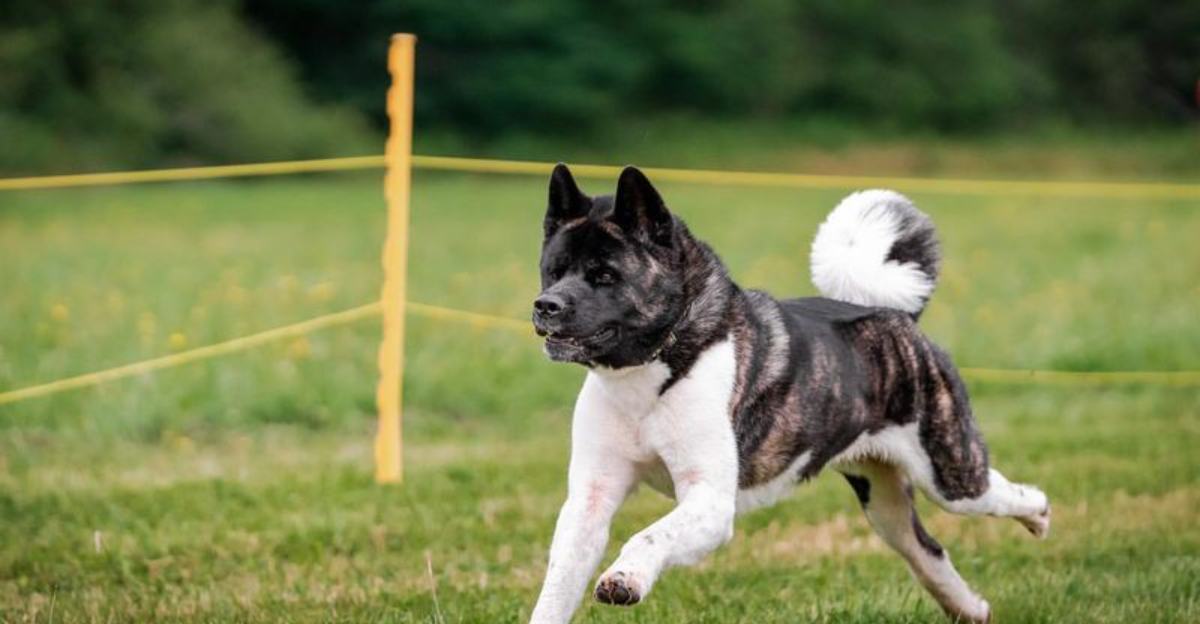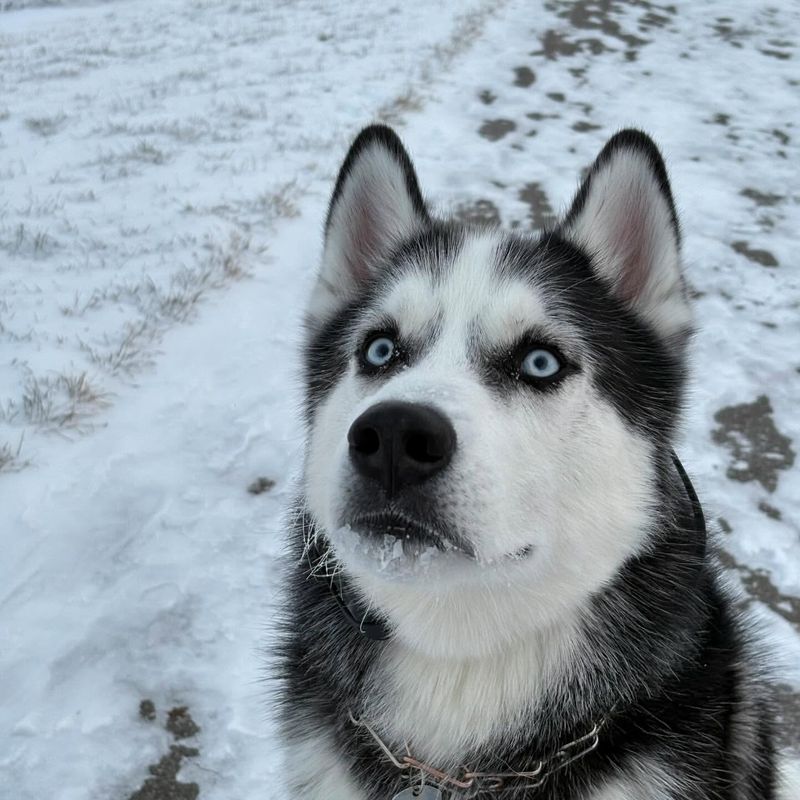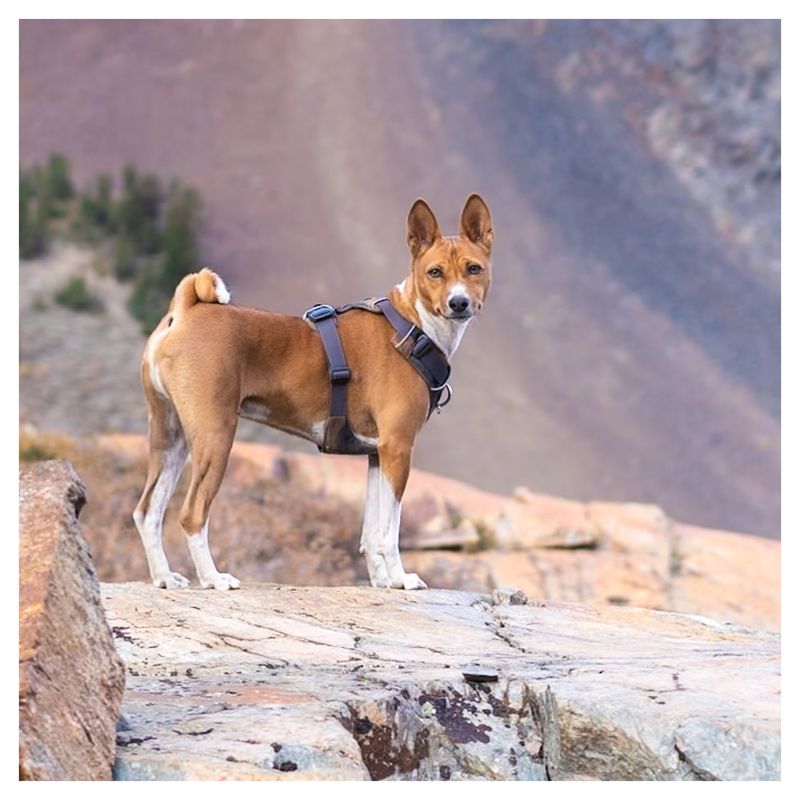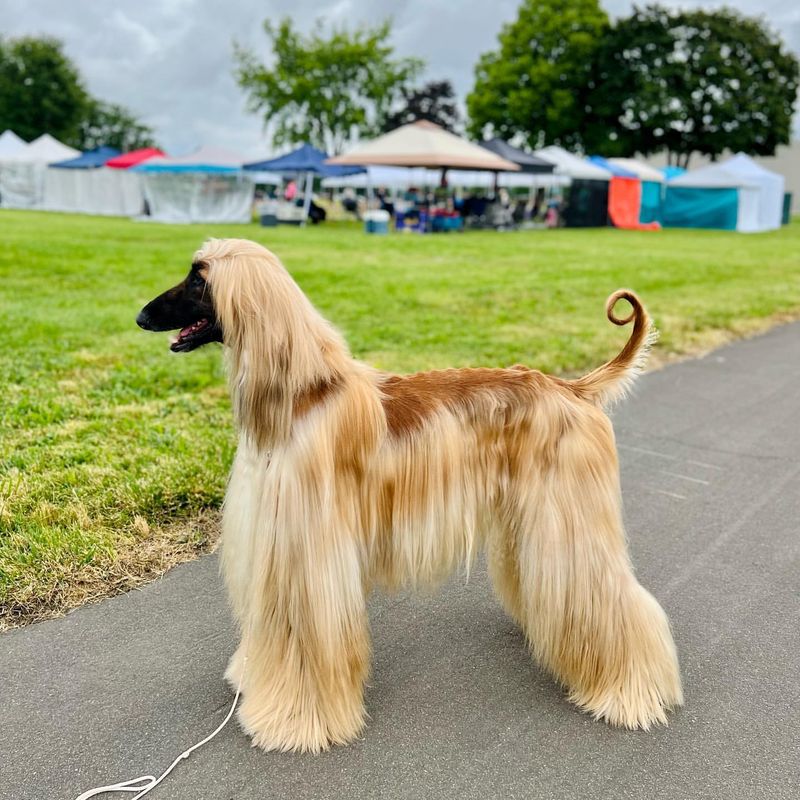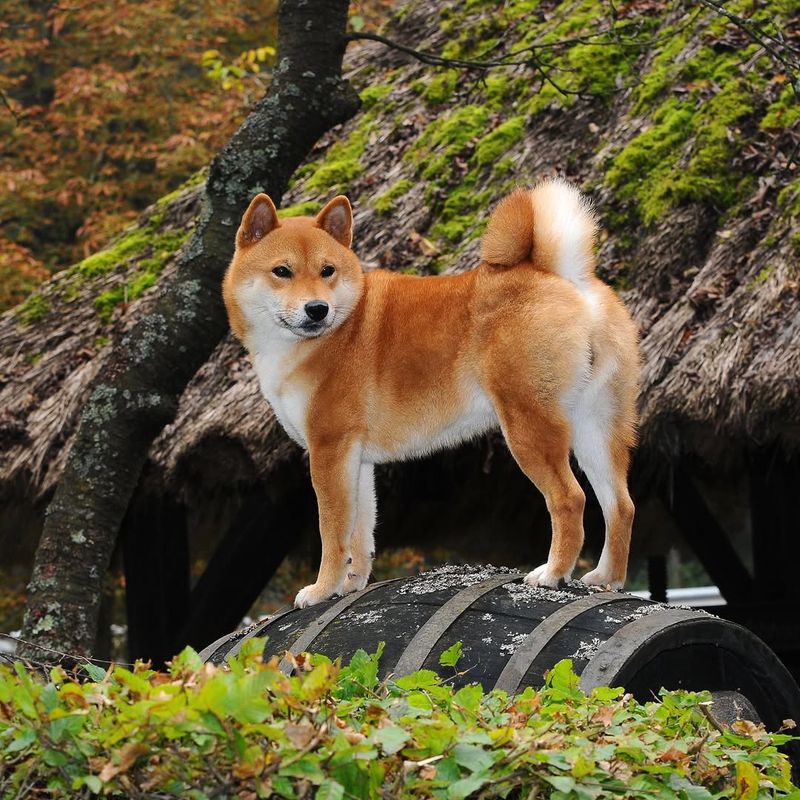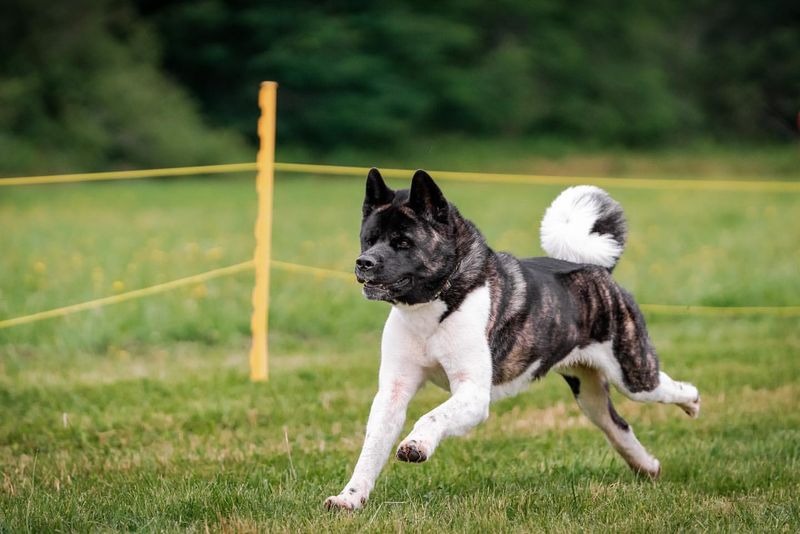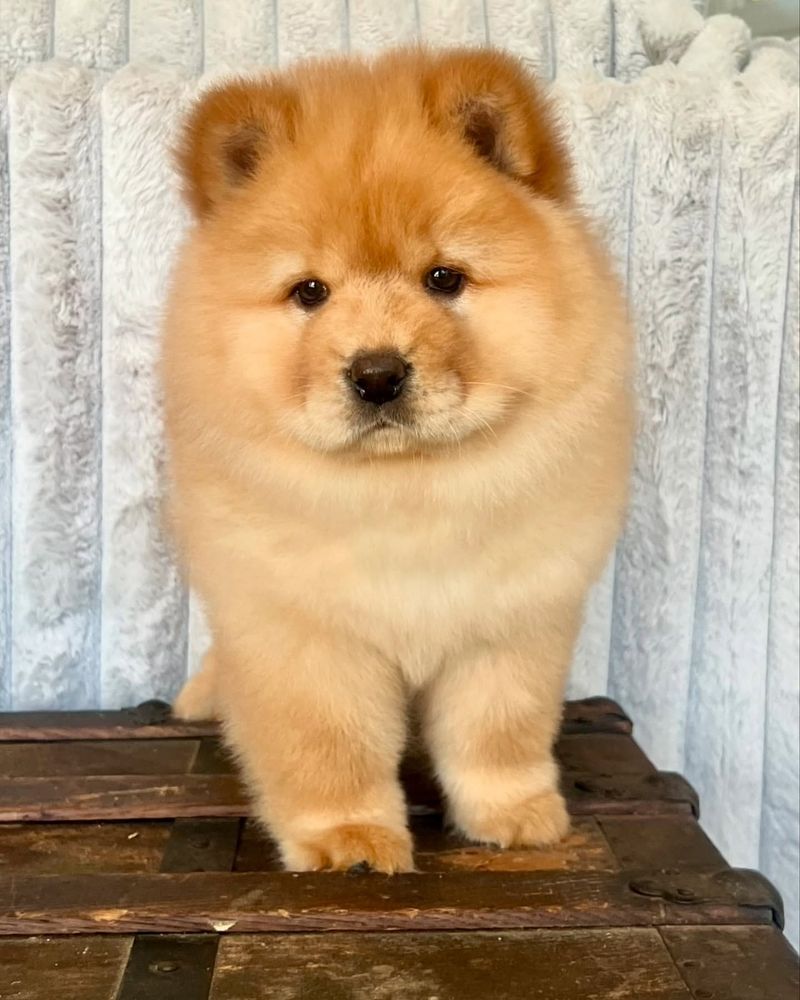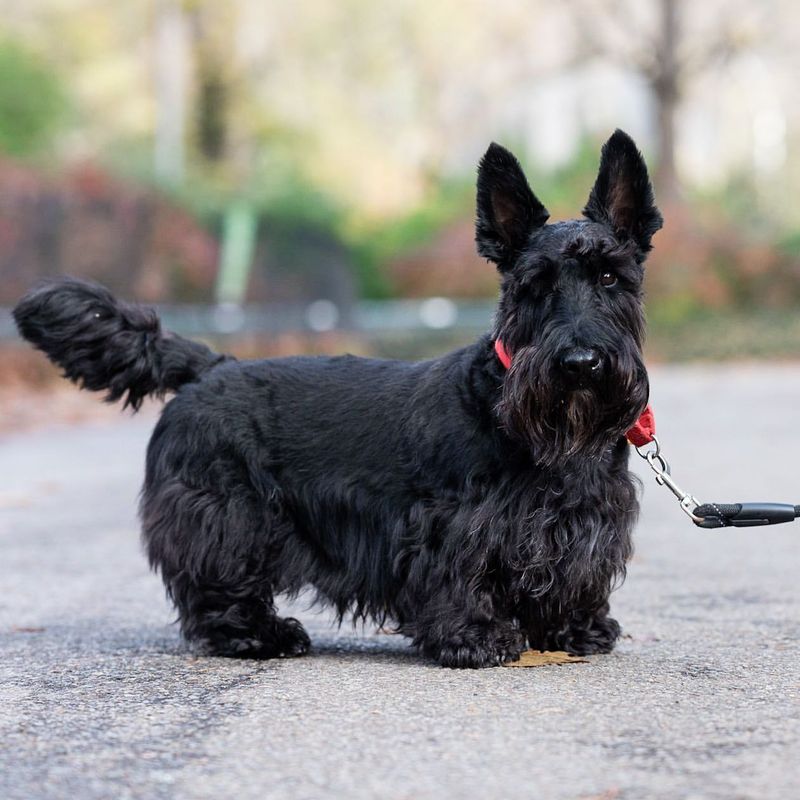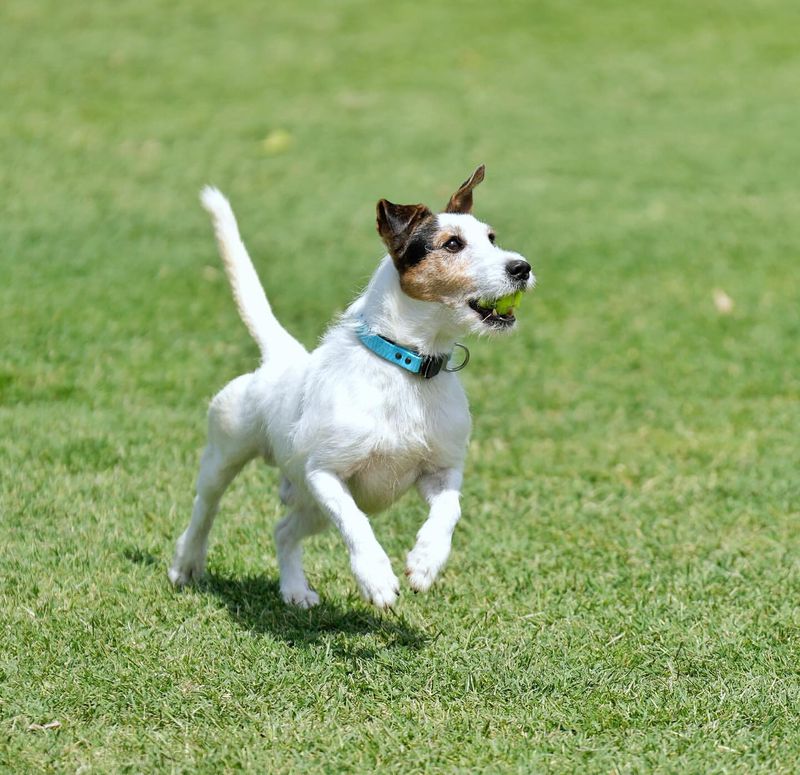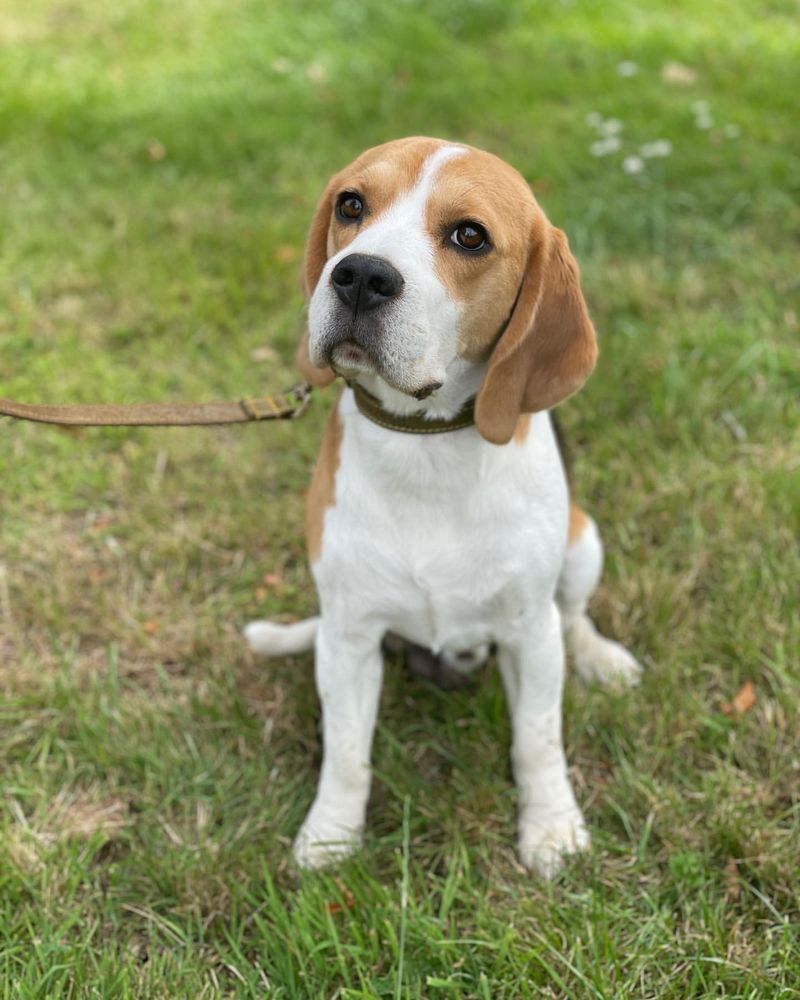📖 Table of Content:
Certain dog breeds are celebrated for their independence and adventurous nature, but this can make them less reliable when off-leash. Their strong instincts and desire to explore often take precedence over responding to commands. While they make loyal and loving companions, their autonomous spirit can lead them to wander.
These breeds are driven by traits like high prey drive, curiosity, and problem-solving skills, which can sometimes override their training. Even the most experienced dog owners may find it challenging to keep them close in open spaces. This independent streak is part of their charm but also a reason why they thrive better in controlled environments.
Here are 9 dog breeds that embody this self-reliant nature, making off-leash adventures a tricky prospect. Understanding their instincts helps foster a deeper appreciation for their uniqueness while ensuring their safety. These breeds remind us that sometimes, freedom comes with its own set of challenges.
1. Siberian Husky
Siberian Huskies are famous for their beautiful looks and energetic demeanor. These dogs are natural wanderers, known for their strong prey drive and love of running. Their instinct to explore can often lead them far from home if not closely monitored. Huskies require a secure yard and plenty of exercise to keep them satisfied.
While their independence is endearing, it also means they might choose to ignore commands, especially if they find something intriguing. Training should start early, focusing on recall and obedience. Huskies thrive with experienced owners who understand their unique needs.
2. Basenji
Renowned for its quiet nature and independent spirit, the Basenji is often called the “barkless dog.” Originating in Africa as a hunting companion, this agile breed uses keen senses and remarkable agility, making it a natural escape artist always ready for adventure.
Basenjis are intelligent but can be aloof, thinking for themselves rather than following commands. They require consistent and patient training, focusing on positive reinforcement. Owners should be prepared for a lifelong commitment to mental and physical activity. With the right approach, Basenjis can be delightful companions.
3. Afghan Hound
Elegant and independent, Afghan Hounds captivate with their aloof charm and striking appearance. Bred for hunting in Afghanistan’s rugged terrain, they combine incredible speed with a strong prey drive, often choosing to follow their instincts over commands.
These traits make them less reliable off-leash. Consistent training is essential, yet owners should understand that complete obedience might be elusive. Patience and understanding of their unique character are key. Afghan Hounds are best suited for owners who appreciate their independence and grace.
4. Shiba Inu
Bold and spirited, the Shiba Inu stands out for its independence and “cat-like” aloofness. This small but confident breed can be stubborn and challenging to train, especially when it comes to recall. With a strong prey drive, Shibas are quick to chase anything that catches their eye, adding to their reputation as both charming and headstrong companions.
To manage their independent streak, early and consistent training is crucial. Owners should focus on positive reinforcement and patience. A well-trained Shiba Inu can be a loyal and entertaining companion.
5. Akita
Akitas are large, dignified dogs known for their loyalty and independence. Originally bred in Japan for guarding, they have a strong protective instinct. Their independent nature can make them challenging to train, especially off-leash. Akitas are known to make their own decisions, often ignoring commands.
Consistent and firm training, with a focus on socialization, is crucial for this breed. They require an owner who can provide strong leadership and understanding. When properly trained, Akitas can be incredibly loyal and protective family members.
6. Chow Chow
With their lion-like appearance and dignified air, Chow Chows exude independence and self-assurance. Their aloof nature and stubborn streak often give the impression of disinterest in following commands, reinforcing their reputation as uniquely headstrong companions.
This breed is not known for agility or speed, but rather for its loyal and protective nature. However, their independence can lead to challenges in training, especially off-leash. Proper socialization and consistent training are necessary to encourage a well-behaved Chow Chow. Owners should be patient and firm in their approach. With the right guidance, this breed can be a devoted companion.
7. Scottish Terrier
Small yet fearless, Scottish Terriers—affectionately known as Scotties—carry a bold spirit and independent streak. Their innate curiosity frequently draws them into mischief, adding to their charm and tenacity.
Scotties are strong-willed and can be stubborn, making training a bit of a challenge. Their hunting background gives them a keen sense for exploration. Consistent training with an emphasis on recall is essential. Owners should provide mental stimulation to keep their interest. With patience and understanding, Scottish Terriers can become delightful companions, loyal to their families.
8. Jack Russell Terrier
Energetic and full of gusto, Jack Russell Terriers are small dogs with big personalities and an independent streak. Their intelligence and curiosity often spark adventurous escapades, but their high prey drive and fearless nature demand constant supervision off-leash. Quick to chase anything that moves, they thrive in active environments where they can put their boundless energy to use.
Training should focus on recall and impulse control, starting from a young age. Owners need to provide plenty of exercise to satisfy their energy levels. When properly engaged, Jack Russells can be joyful and energetic companions.
9. Beagle
With an unmatched sense of smell and a curious spirit, Beagles embody the instincts of their hunting dog heritage. Their nose often leads the way, making them prone to wandering if left off-leash. This independent streak calls for secure environments and consistent training to keep their adventurous nature in check.
Engaging their keen sense of smell with scent games can be beneficial. Training should focus on creating a strong recall response. With the right approach, Beagles can be loving and entertaining family pets.
